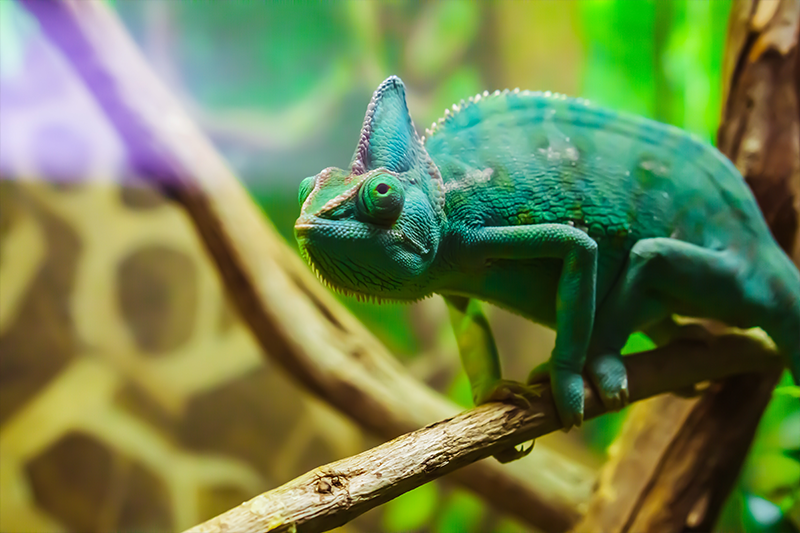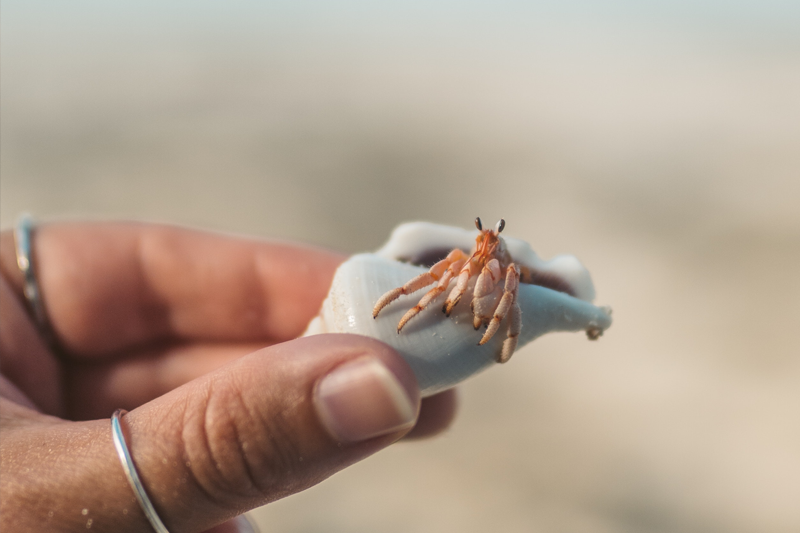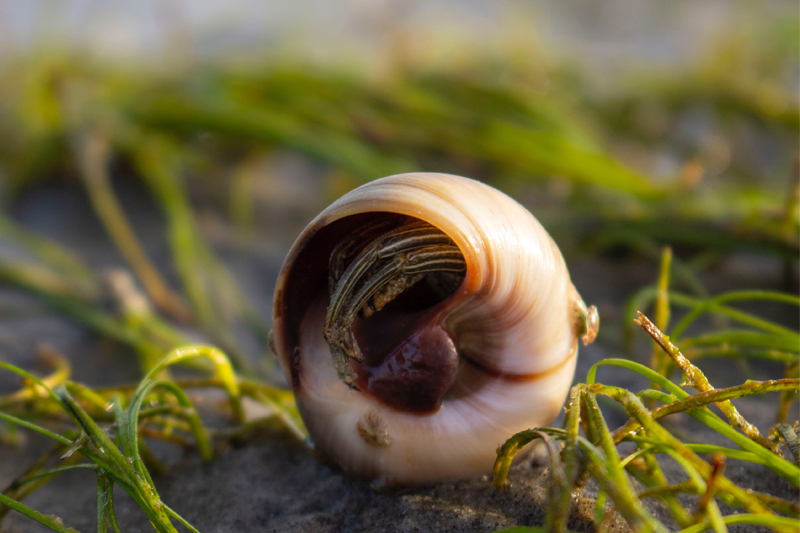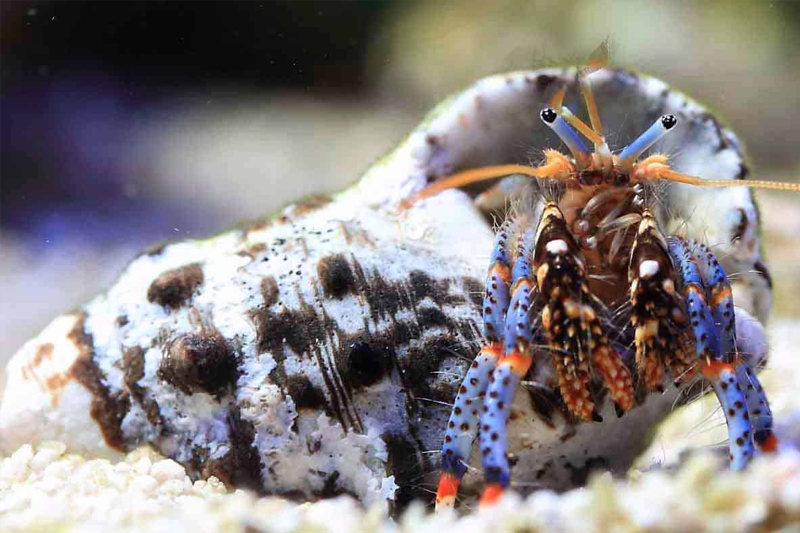Key Differences and similarities with crustaceans and reptiles
Crustaceans and reptiles are both members of the animal kingdom, but they are vastly different in terms of their physical characteristics, behavior, and habitats.
Similarities:
- Both groups of animals have a hard exoskeleton that provides support and protection.
- Both groups of animals have been around for a very long time, with fossil records of crustaceans dating back to the Early Cambrian period and reptiles to the Late Carboniferous period.
Differences:
- Crustaceans are aquatic animals, while reptiles are primarily terrestrial animals.
- Crustaceans have a segmented body and multiple pairs of legs, while reptiles have a single, continuous body and four legs (in most cases).
- Crustaceans have compound eyes, while reptiles have simple eyes.
- Crustaceans have gills for respiration, while reptiles have lungs.
- Crustaceans have a variety of forms from shrimps, crabs, lobsters and barnacles, while reptiles have a wide range of forms from alligators, crocodiles, lizards, snakes and turtles.
- Crustaceans are cold-blooded animals, while reptiles are also cold-blooded.
In summary, crustaceans and reptiles share some similarities, but they are fundamentally different groups of animals that have evolved to suit different environments and lifestyles.
Can I put turtles or tortoises with my hermit crabs?

It is not recommended to keep turtles or tortoises with hermit crabs as they have different habitat and temperature requirements. Hermit crabs are tropical animals and need a warm, humid environment with a temperature range between 75 and 85 degrees Fahrenheit, while turtles and tortoises have specific temperature and lighting requirements that may not be compatible with hermit crabs.
Turtles and tortoises are also aquatic or semi-aquatic animals, they need a separate tank or enclosure with a water source, while hermit crabs are land-dwelling animals. Additionally, hermit crabs are opportunistic feeders and may attack or try to eat small turtles or tortoises.
It is best to consult with a veterinarian or a professional reptile breeder for more information on keeping turtles or tortoises with other animals. It is best to keep these animals separately in order to provide them with the best care possible.
How about lizards?
It is generally not recommended to keep lizards with hermit crabs as they have different habitat and temperature requirements. Hermit crabs are tropical animals and need a warm, humid environment with a temperature range between 75 and 85 degrees Fahrenheit, while lizards have specific temperature and lighting requirements that may not be compatible with hermit crabs. Additionally, lizards are carnivorous animals and may attack or try to eat hermit crabs.
It is best to consult with a veterinarian or a professional reptile breeder for more information on keeping lizards with other animals. It is best to keep these animals separately in order to provide them with the best care possible. It’s also important to note that different species of lizards have different needs, some are arboreal, diurnal, and need UVB light while others are terrestrial, nocturnal and don’t need UVB light. Some are desert dwellers and need high temperatures while others are rainforest dwellers and need high humidity. In any case, it’s best to research the specific species you have or plan to have and provide the best habitat for them.






